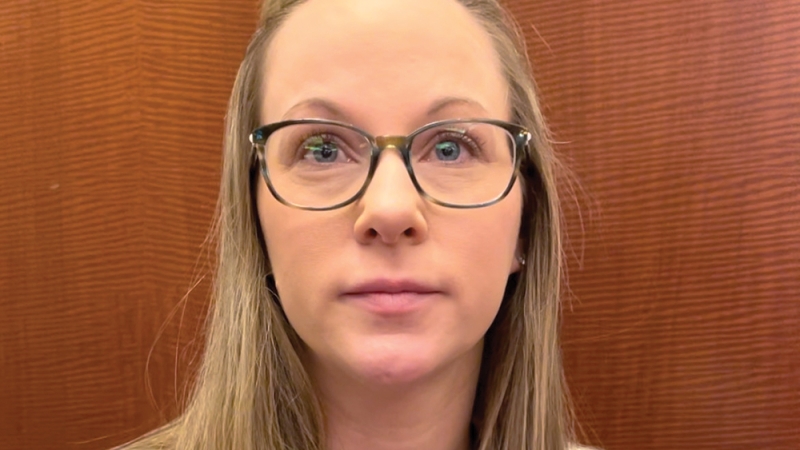“Visualize a blind person trying to juggle,” “coffee in the morning and a stiff drink at night,” and “Fireball” were some of the answers to the question of how loan officers manage to juggle work-life balance in the industry. The biggest takeaway? It’s not easy.
As negative as it may sound, the current market is taking a toll on loan officers, and burnout is real. Balancing loans and leisure shouldn’t be impossible, but every loan officer works at a different pace and mode. Some prefer integrating their work and home lives. Others prefer a clear separation between working and home hours to clear their heads. And with the industry pressure to always be available to beat the competition, oftentimes mental health is the lowest priority.
Maria-Christina Stewart — a clinical psychologist based in California — says that she speaks to a lot of professionals who struggle with compartmentalizing their personal lives and business as separate entities. Stewart, aside from offering counseling services, offers coaching programs to help clients find meaning in their lives, something that she notes lacks from those in the financial services industry.
“If people prioritize their work and it is prioritized at the expense of other things, then, of course, it takes a toll on mental health,” Stewart said. “But if you balance work with what is meaningful to you — not what the internet tells you is meaningful — that balance tends to help mental health and productivity … Having an imbalance leads to burnout.”
Widespread Toll
Burnout, Stewart says, takes a toll on all aspects of life, such as connections with friends, family, and romantic relationships, as well as health. And it’s something that has become even more exacerbated following the COVID-19 pandemic. “After COVID, there’s been an increase in stress and that hasn’t stabilized yet,” she explained. “What I hear very often in my day-to-day life is people trying to figure it out. A lot of them are almost too burnt out to have the resources to do something about it. Or they’re stressed about money because of the current economy. Financial pressure drives them to work, work, work, but also creates burnout.”














